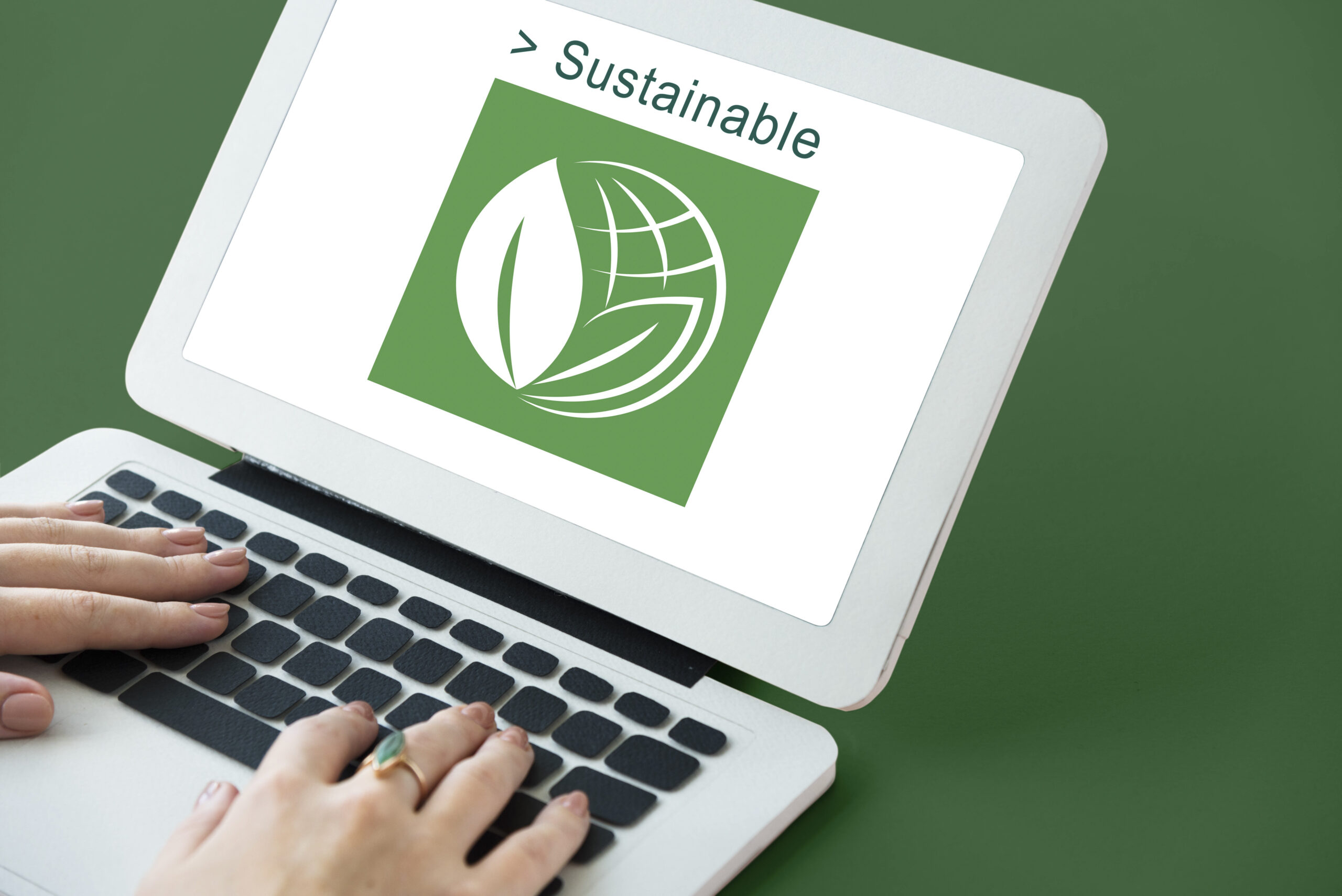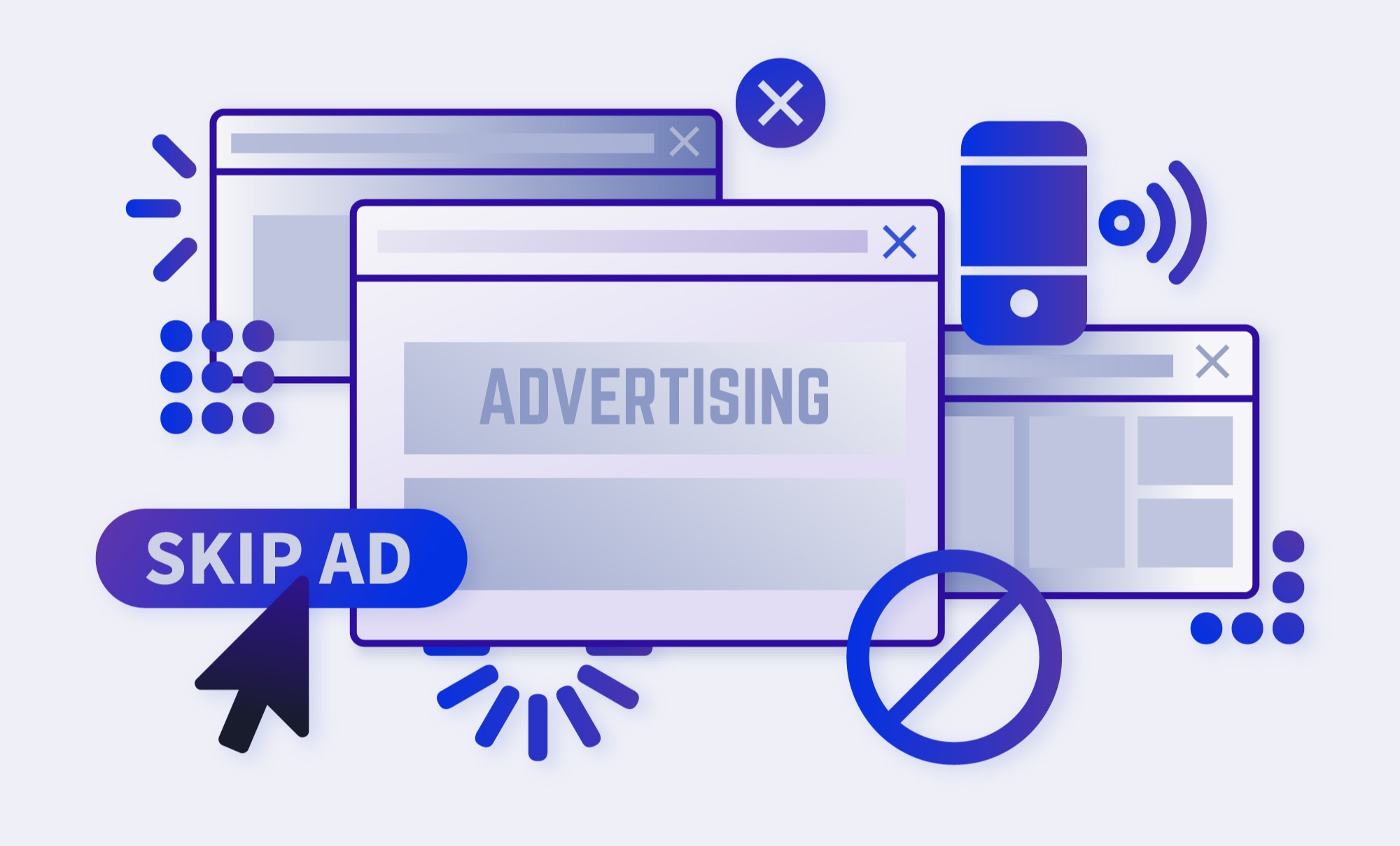Get In Touch
Suite 1002, New Century City Tower, Dubai, UAE
Aleef Technologies Limited - Canada
54 Bestview Drive Toronto On M2M 2Y3, Canada
Digital Responsibility in 2025: Why Sustainability Is Now a Web Standard

For a long time, the focus on sustainability revolved around manufacturing, transport, and agriculture. Offices were encouraged to reduce the use of paper, companies started investing in renewable energy, and supply chains were pressured to reduce emissions. However, the impact of the digital economy on the environment has largely been ignored.
The websites and cloud services, and the content that we stream all require high energy inputs. If the internet was a country, it would rank as one of the highest global polluters, generating almost 4% of the world’s emissions, and it is projected to climb further. This means every business, even the smallest, that has a website, is part of the issue.
By 2025, ‘digital responsibility’ is projected to be the next benchmark in sustainability. Expectations go beyond office recycling and the shift to eco-friendly packaging. Companies now need to be accountable for the digital waste they create. Here’s a case for digital sustainability and why no business can ignore it.
The Consumer Shift: Digital Responsibility as a Brand Expectation
Modern consumers seek products paired with values. Online brand engagement drives Millennials and Gen Z’s demand for ethically and sustainably practiced brands. These consumer expectations influence branding and marketing to provide ethical and sustainably practiced touch points digitally. In contrast, websites that are slow, information heavy, and operated with fossil fuel powered web hosting express indifference, neglect, and lack of concern to customers. A paradigm of innovative and responsible practices is business that prioritizes green hosting and environmentally optimized low impact web design.
Microsoft, for example, committed to powering its data centers with 100% renewable energy by 2025. Keeping renewable energy data centers requires no additional costs to Microsoft, but it does address customer and investors demand for digital sustainable practices.
Alif Digital focuses on developing eco-optimized websites that integrate business speed, design, and environmental ethics.
Regulation: The Silent Force Shaping the Digital Future
Governments and regulators understand that there are tangible aspects to the digital world. More and more, the digital operations web sites, cloud services, and IT Infrastructure are included into the frameworks of digital sustainability and compliance. EU’s Corporate Sustainability Reporting Directive (CSRD) is the first of many directives that require companies to report digital operations alongside physical operations, including digitized emissions. More of the same is coming from Asia and North America, which means that compliance “sustainable web practices” will soon be as necessary as financial audits. Digital responsibility is no longer just a “nice to have,” it is a requirement. Non-compliant businesses will most likely be criticized and fined.
Google Cloud is one of those companies, and its clients benefit from compliant infrastructure. Google is a great example of a “partner of choice” because it optimizes operational trends.
At Alif Digital, we help clients meet growing digitized sustainability goals by providing innovative digitally sustainable web building design and operational workflows. For bottom line hosting through renewable powered data centers, and to track compliance and sustainability efficient web energy use, we use innovative techniques to ensure web sites will meet the coming realities of compliance sustainability regulations.
Efficiency: Where Profitability Meets Responsibility
Being digitally responsible includes reaping positive economic results. Low-energy websites pay off in faster and smoother functionality and reduced costs. Lowering emissions by even a kilobyte positively impacts bounce rates, conversion rates, and SEO.
For example, the BBC redesigned its mobile site to provide lighter, faster pages to audiences in Africa and Asia. The change was remarkable. Users in low-bandwidth regions got faster access, hosting costs dropped, and the company reported a reduced digital carbon footprint. This is a great example of how environmental responsibility translates to business growth.
Alif Digital designs and builds websites to prioritize performance efficiency. Our lighter codebase, optimized image, and streamlined architectural designs mean faster, cheaper, and greener operations. To clients, however, it is no longer just about sustainability; it is a business edge.
Branding: Responsibility as a Differentiator
In a crowded market, it can be hard to stand out. However, more businesses are beginning to understand that true sustainability can be a strong differentiator. Customers appreciate businesses that keep their digital presence in line with their sustainability promises.
Patagonia hosts their website on renewable energy, which makes their sustainability mission feel more authentic. The evidence is not just in a printed report; it is in how it presents itself online. Patagonia’s reputation is built entirely around environmental sustainability, and extending that to their digital infrastructure further solidifies their authenticity. Responsibility is not a department; it is an identity, and Patagonia demonstrates that beautifully.
At Alif Digital, we help brands extend their sustainability promises into the digital realm. By incorporating green hosting, open design integration, and responsible communication, we help businesses design narratives that make their websites a part of their story.
So, What’s Next For You?
The role of the internet in discussions about climate change is starting to gain visibility. By 2025, having a responsible digital presence is anticipated to be the new norm as a standard, rather than a side focus. Businesses face the reality that action is no longer a question of “if” but “when” and “how.”
At Alif Digital, we go beyond website development. We create responsible digital ecosystems that are fast, secure, and responsive to the climate change urgency. Your website will be a digital presence and an ecosystem that communicates accountability. After all, how you exist online is as important as how you operate offline.
Ready to make your digital presence sustainable?
Get in touch with Alif Digital today! Let’s build a web that’s faster, cleaner, and better for the planet.
Continue Reading
At Alif Digital, we help you navigate these decisions, ensuring you avoid pitfalls and unlock your brand’s full potential



